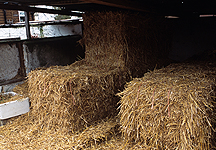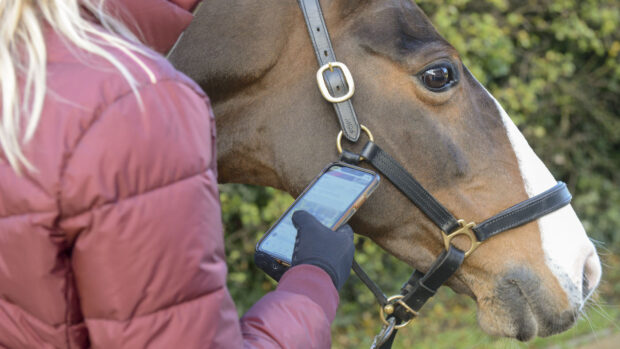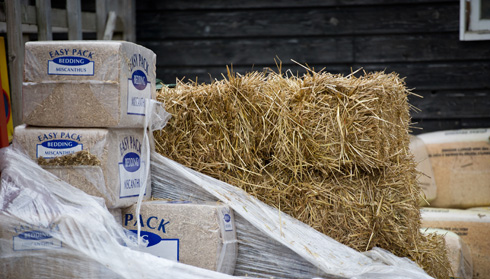If early reports are correct and we are facing a straw shortage this winter, it might be time for horse owners to try out one of these alternative types of horse bedding
Prices were correct at date of publication (21 June 2010), may vary and are intended as an approximate guide only.
Straw pellets
• Pros: Rapidly degrades, sterilised product so no dust. Discourages eating bed. Can be stored outside
• Cons: Cost
• Cost: £8-£9 per bale. Brands include Nedz Bed Advance
Chopped straw including rapeseed
• Pros: Soft bed, degradable, absorbent and discourages eating bed. Can be stored outside
• Cons: Cost
• Cost: £7 per bale. Brands include Nedz Bed Pro, Equistraw, Belvoir Bed
Shavings
• Pros: Absorbent, degradable and discourage eating bed. Can be stored outside
• Cons: Some cheap shavings may not be dust extracted. Cost; six-eight bales required to start a bed and without mats it may be necessary to use two-three bales a week for horses stabled for long periods
• Cost: £7 for 25kg, discount for bulk. Brands include Bedmax
Wood pellets, fibre or pulp
• Pros: Absorbent, degradable and discourage eating bed. Low use once bed established
• Cons: Cost. Pellets will need spraying with water
• Cost: £5.50 for 13.6kg, discount for bulk (Natures Best pellets), £4.20 for 25x10kg bags (White Horse Bedding pellets), £6.50-£7.95 for 20-25kg wood fibre bales (easibed)
Hemp/flax
• Pros: Made from stem of flax plant, highly absorbent and degradable
• Cons: Cost. If eaten can swell in stomach and cause discomfort
• Cost: £9-£10 for 20kg bale (Hemcore). Brands also include Aubiose and Equisorb
Shredded and pelleted paper/cardboard
• Pros: Absorbent and soft, highly degradable
• Cons: Print paper can mark lighter coloured horses. Can be heavy and messy to muck out
• Cost: £3.50 for 15kg (Yesterday’s News). Brands include Agribed
• Pros: Reduces bedding use by 50-80%, so initial cost quickly repaid. Prevents injuries such as capped hocks from lying on concrete floors, is insulating and non slip
• Cons: Initial expense, heavy and unwieldy, needs pressure washing two or three times a year. Traps urine and can be smelly
• Cost: Around £35 for a 6x4ft, one inch thick mat (£210 for 12×12 stable)
Miscanthus (elephant grass husk)
• Pros: Highly absorbent, low dust, rapidly degradable. Marketed as carbon neutral
• Cons: New to market and not widely available in small quantities
• Cost: £5.50+VAT for 20kg, £4.50+VAT for bulk (pallet load), delivery extra (Miscanthus Bedding)
For the full article on coping with hay and straw shortages, see the current issue of Horse & Hound (22 July, ’10)




